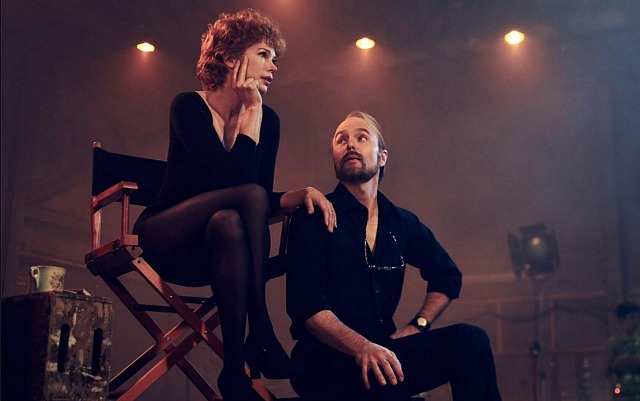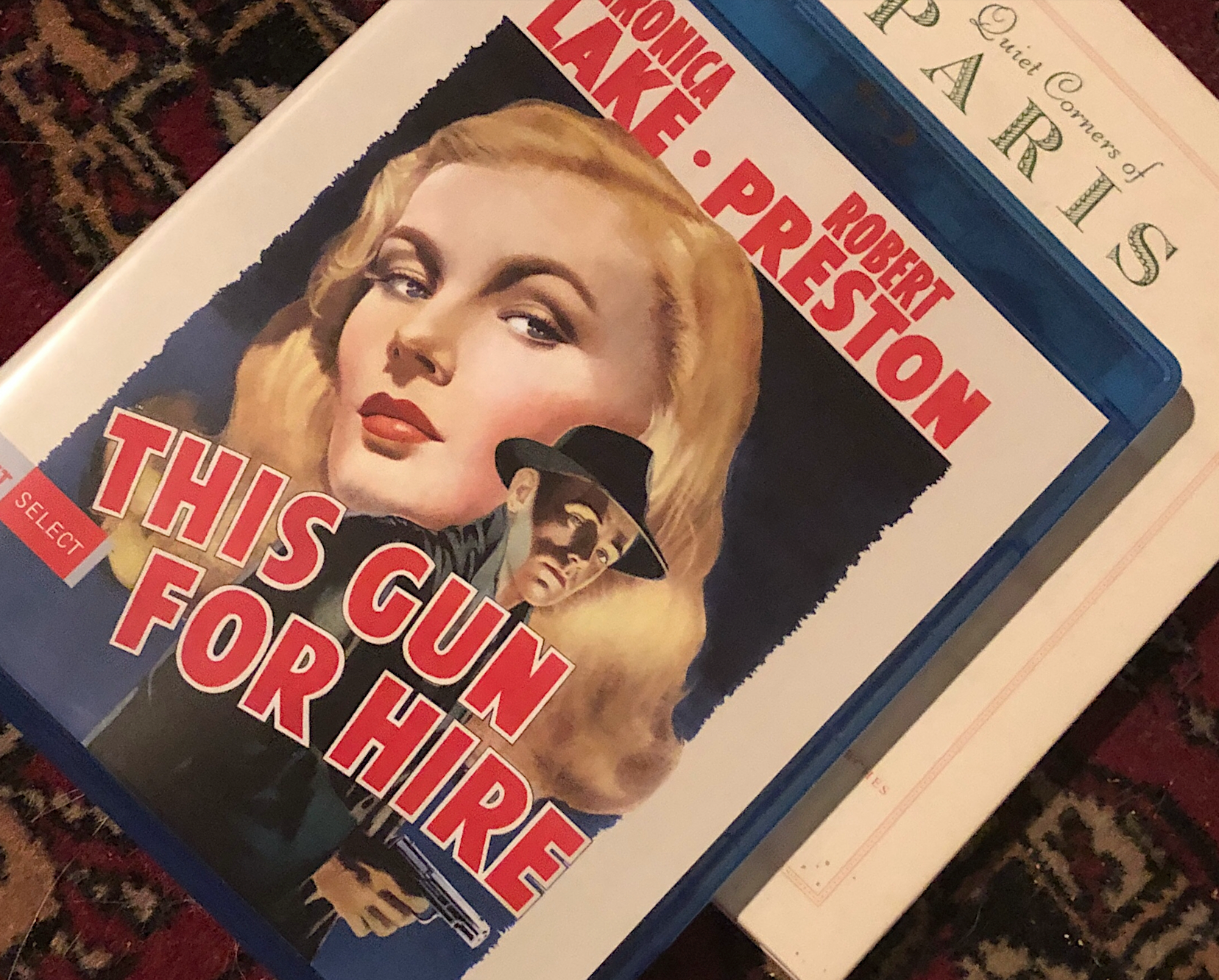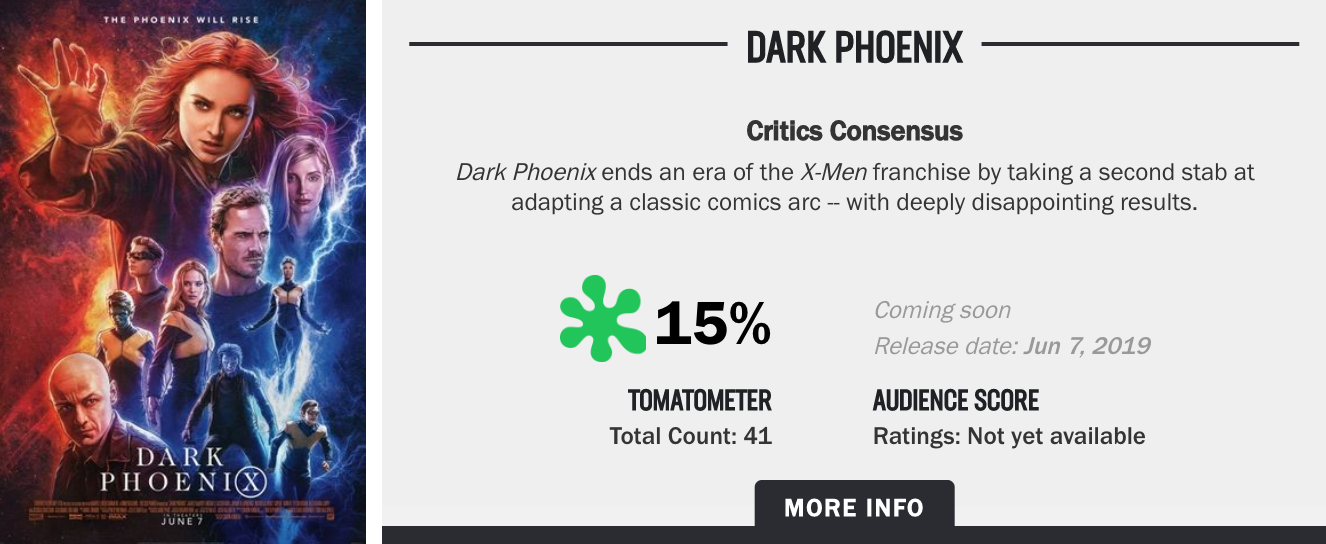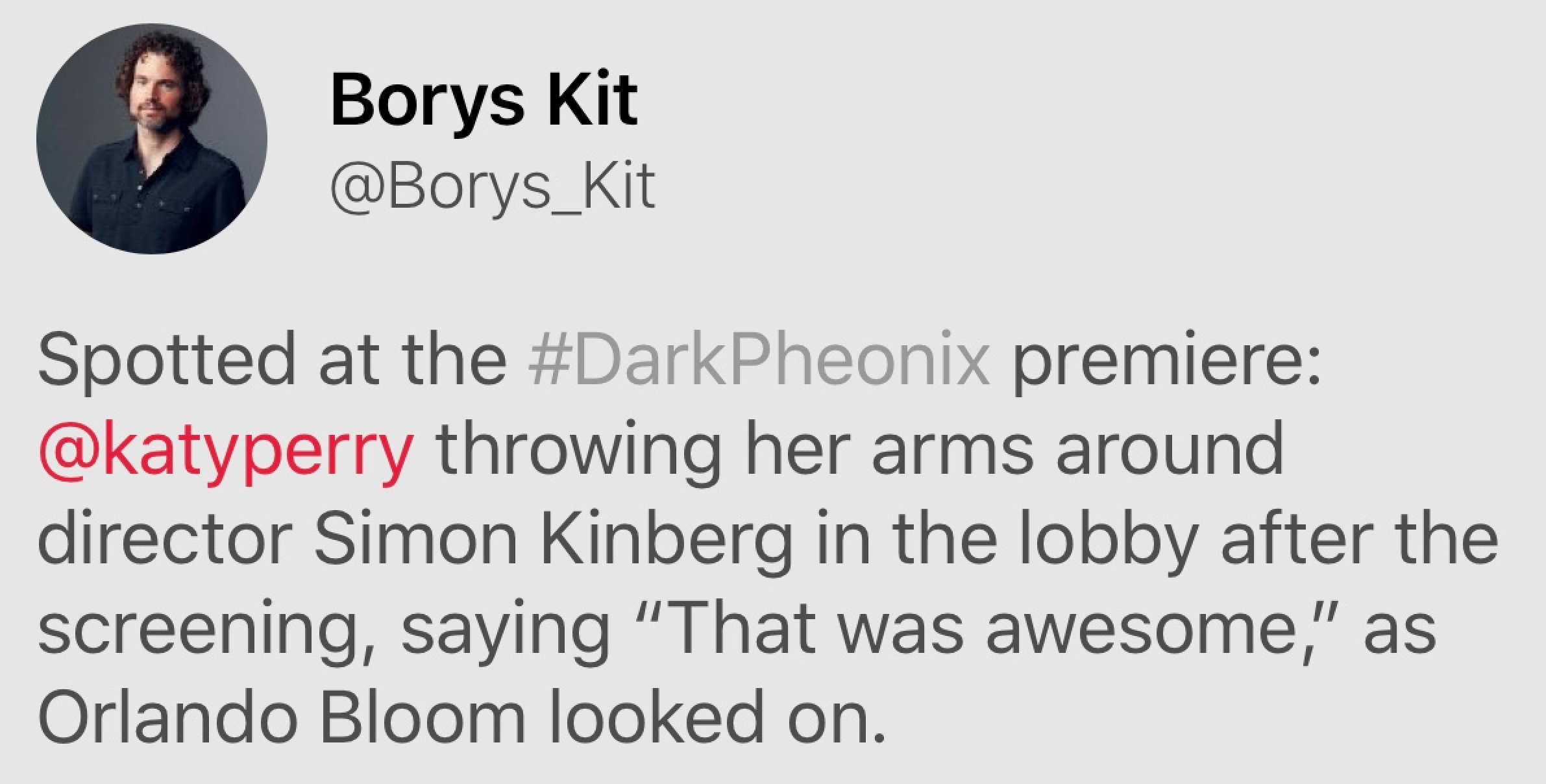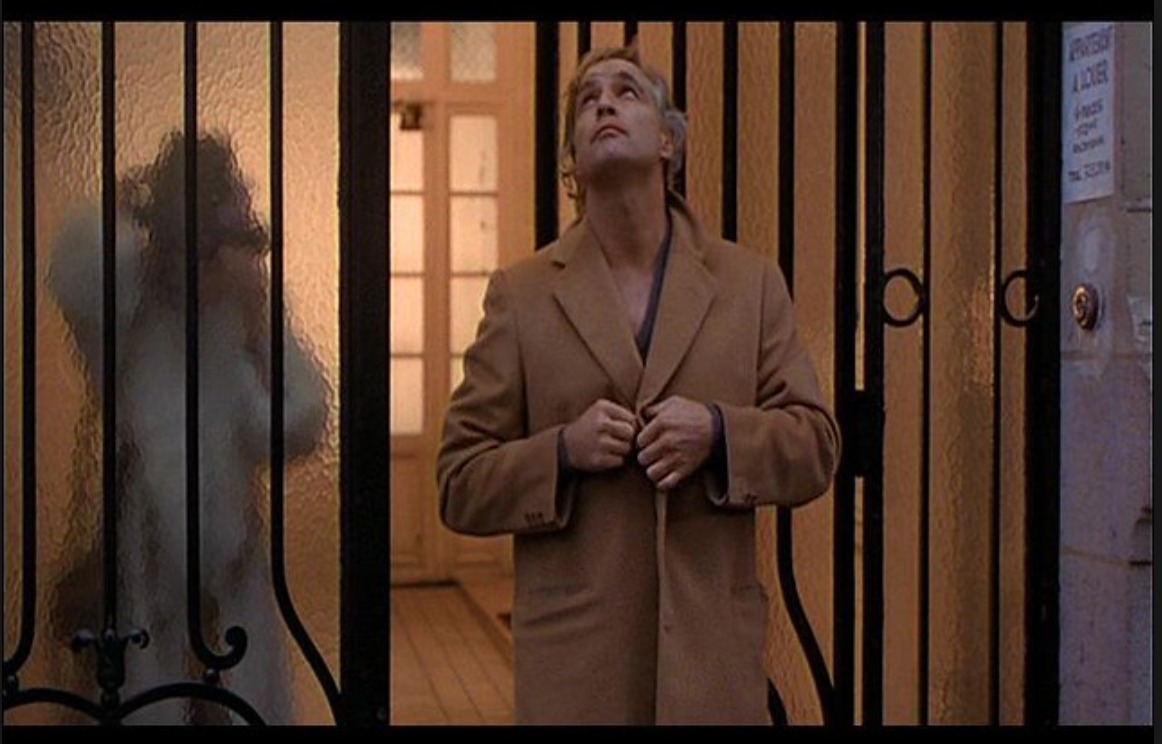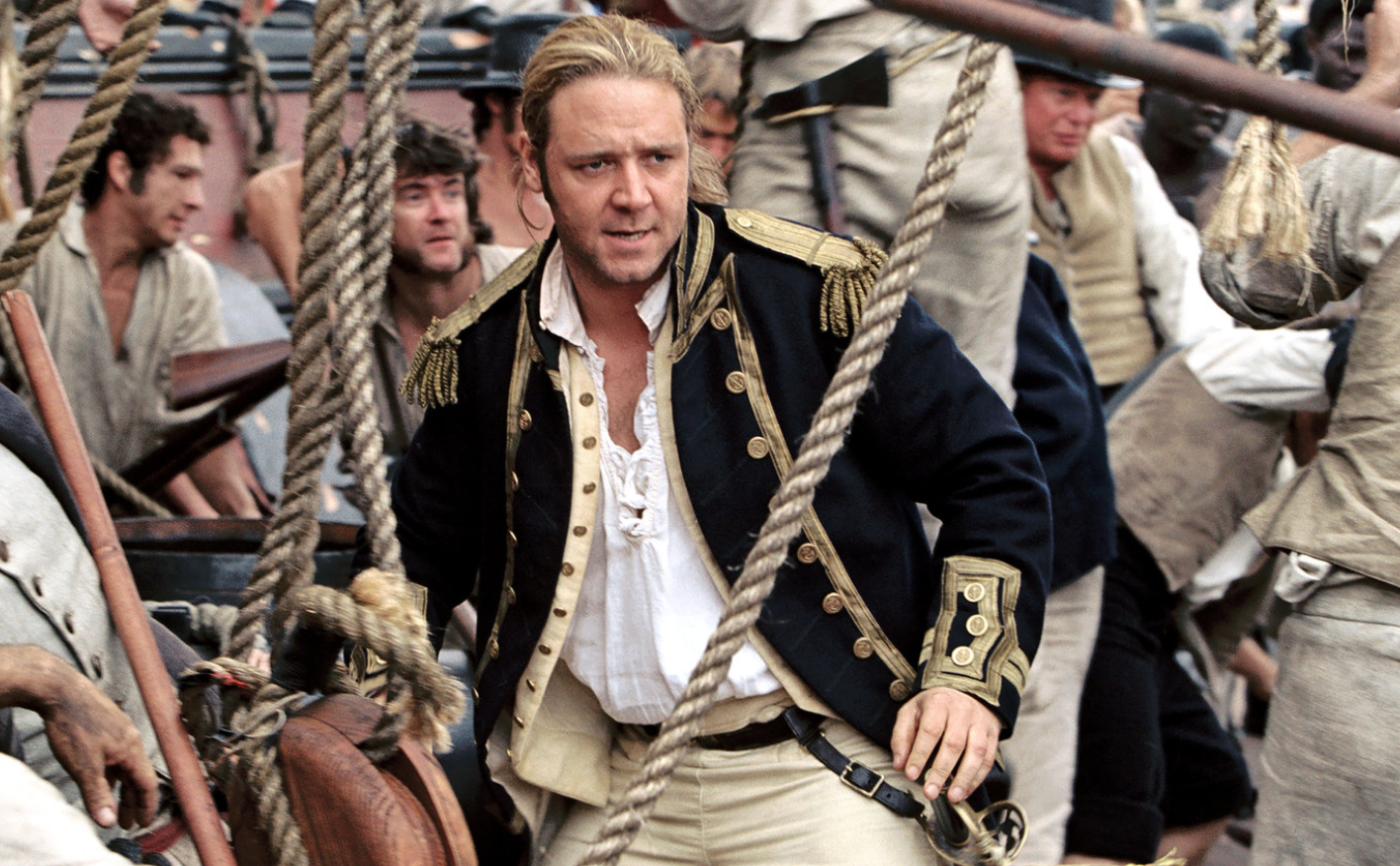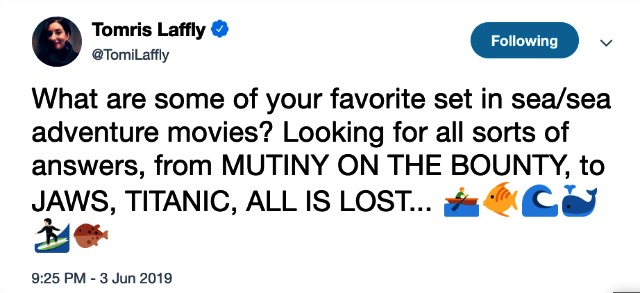
HE response: Michelle Williams‘ Gwen Verdon out-points Sam Rockwell‘s Bob Fosse, agreed, but both are knockouts. I’ve been saying all along that Williams gives the more affecting performance, but Rockwell’s expression as he’s lying on that Washington, D.C. sidewalk at the very end of “Providence” (premiered on 5.28, caught it yesterday on the plane) is one of those unforgettable moments. His eyes don’t convey shock or terror but a kind of quizzical “really?” He seems almost half-amused by the realization that there really is such a thing as an “end” of a life. The way he’s looking at Williams and going “wow, okay, this is it…thanks for our life together, turbulent as it sometimes was…sorry I was such a selfish dick but that’s who I am or, you know, what I was”…WOW! Yes, Williams owns it for the most part, but Rockwell’s Fosse is easily his finest performance and his first epic one.

